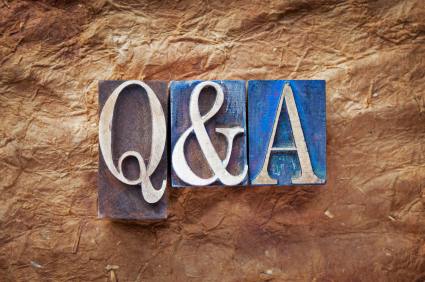Reader Email 1: Do Minor Misquotes Matter?
Readers of this blog occasionally send me their questions about media training—and although I do my best to answer all of them in a timely manner, I’m afraid I’ve fallen a bit behind.
So this week, I’m going to clear out my reader email inbox and answer as many of those questions as possible!
Today’s email comes from crisis communications professional Melissa Agnes, who asked:
“I got interviewed by a reporter last week, but the reporter seems to have misquoted me. It’s not a bad misquote, but it isn’t something that I remember saying – well, actually, I’m sure that I didn’t say it. Should I ask him to retract it, even if it’s actually good advice that I probably would have given if he had framed his question differently?”

Great question, Melissa! You’re not alone in this concern—I’ve also been the victim of minor misquotes and have had to make similar choices about whether or not to say anything to the reporter.
In this case, my short answer is this: let it go.
Reporters rarely make retractions for minor errors, and this reporter may resent that you complained about a point that he considers to be “minor”—or that he insists he reported accurately. So you have to make a decision about what is most important to you in this case: getting the quote right but potentially alienating a media ally for future coverage, or maintaining an easy relationship with this reporter. I’d choose the latter option.
I’d feel differently if the quote represented you badly or made an opposite point. But since you were happy with the quote anyway, it seems like this one falls under the category of “no harm, no foul.”
That said, you might want to be a bit more on guard with this reporter next time. And if it becomes a chronic problem rather than an anomaly, I’d recommend a different approach, such as discussing the problem with him, contacting his editor, or conducting your interviews with him over email (to maintain a paper trail).
Finally, check out this list of five ways to avoid being misquoted. They may or may not help in your specific case, but may help reduce your risk of future misquotes. Thanks for writing!
Do you have a question about being a better media guest or public speaker? Please leave it in the comments section below, and I’ll answer it on the blog!



I think that you should not so much complain as to explain to the reporter that he got it wrong and why it was wrong. It gives the reporter notice that you pay attention to what you say more than the reporter does, and if he expects to use you as a source in the future, he better get it right the next time. I would not expect a retraction, but I would not let it go, either.